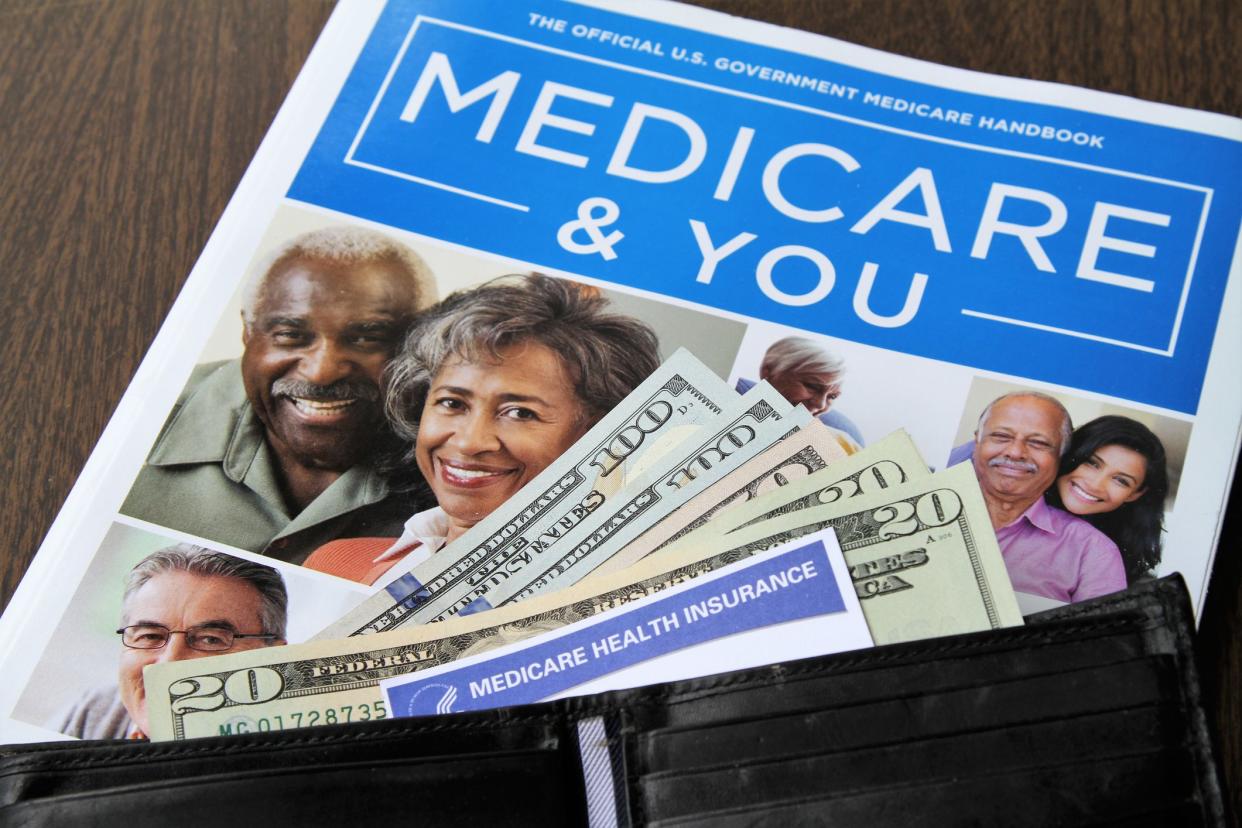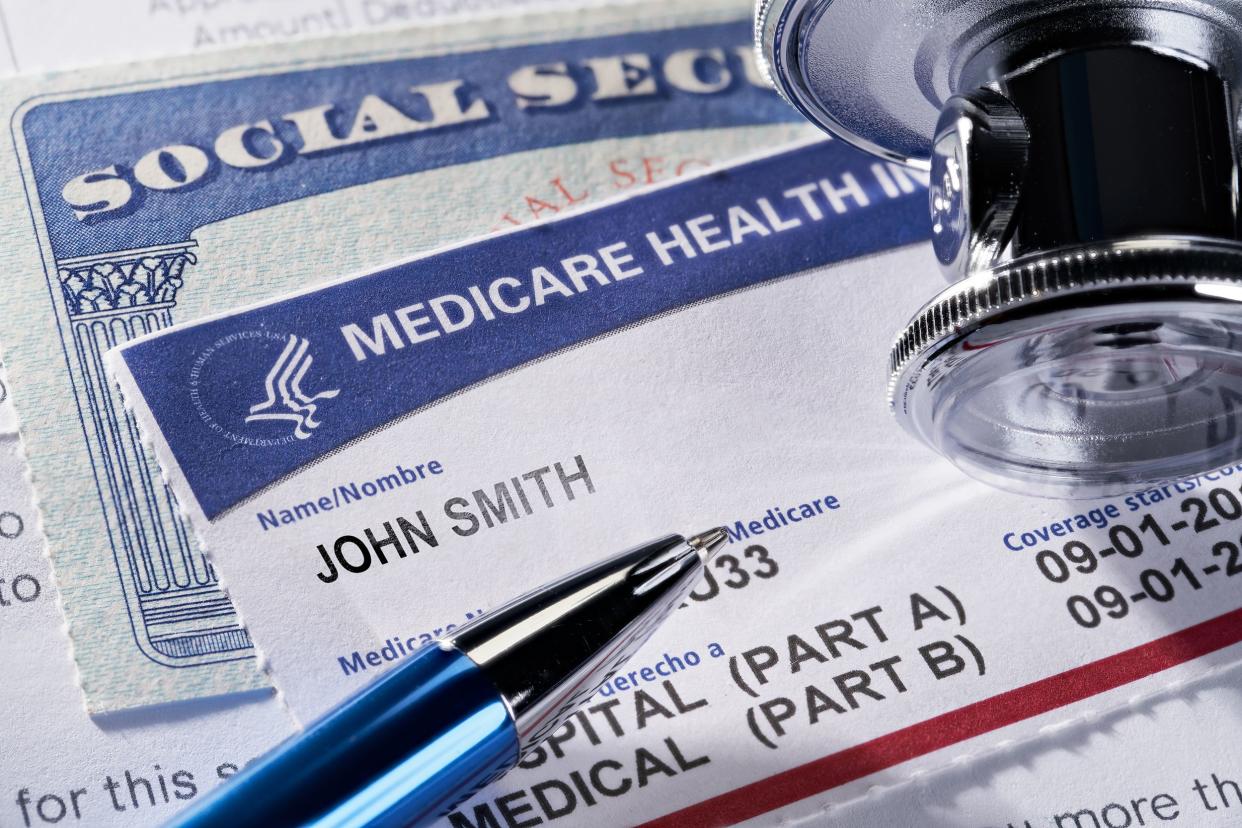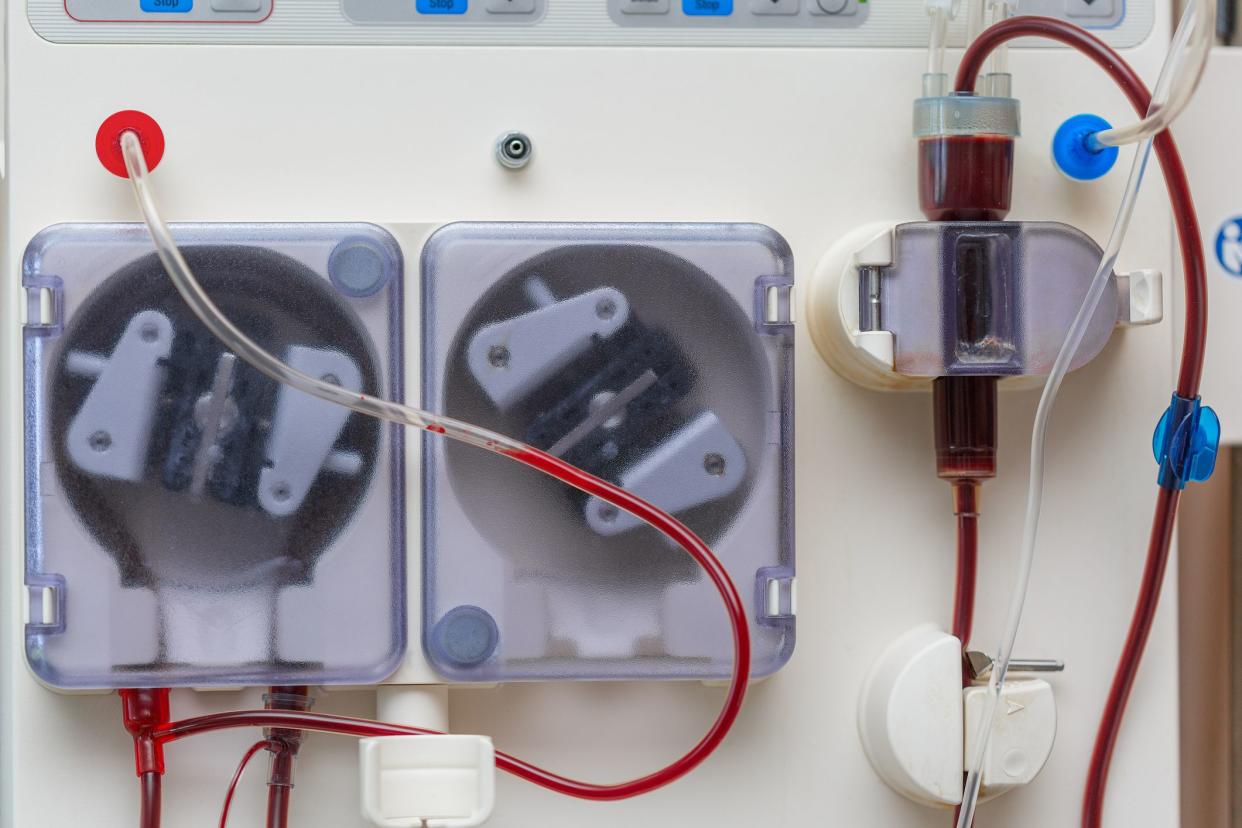17 Myths and Misconceptions About Medicare

As you approach your 65th birthday, you're likely to start collecting reams of Medicare advertisements, which might be confusing if you always believed you get Medicare from the government. We'll go through the ABCDs — because Medicare has four "parts," from A to D — and dispel some common myths.
Related: Reduce Your Health Care Costs With These Expert Tips for Seniors

Medicare is a federal health insurance program, and you can get original Medicare, which is Part A (hospital coverage) and Part B (medical insurance) from the government, but you can also buy your own Medicare plan from a private company. In either case, most people start the enrollment process when Social Security kicks in.
Related: Surprising Facts About Social Security

This is partially true. Most people will be eligible for premium-free Part A, but Part B comes with a monthly premium that is usually deducted from Social Security payments. How much you pay for Part B will depend on your income. You can also buy additional coverage.
Related: SNAP and Other Low Income Relief Programs for Seniors

While it's true most people over 65 are eligible for Medicare, you will have to sign up, then have the option to buy additional coverage. "You have to enroll in it and you have to opt in to the specific type of plan," says Nick Larson, agency producer at Hood Insurance Agency in Washington.
For more great senior-living tips, please sign up for our free newsletters.

When you age into Medicare, your initial enrollment period includes a seven-month period that includes the three months before and after and the month of your 65th birthday. If you enroll in the months before you turn 65, your coverage will begin the first day of the month you turn 65.
Related: Most Common Health Issues for People Over 60

In addition to people over age 65, younger people with certain disabilities who have been eligible for Social Security Disability Insurance for at least 24 months and those with permanent kidney failure also qualify for Medicare benefits.
Related: Fulfilling, Productive Things to Do in Retirement

Actually, if you're still working past age 65, go ahead and sign up for Medicare, Larson says. You can keep your work plan coverage, which will pay for care first. Adding premium-free Part A will give you added protection. In some cases, you could even pay a 10% penalty for delaying Part B.
Related: No Pension. No 401(k). How to Get by on Social Security

Not true. For starters, medical services are subject to copayment or deductible, and original Medicare does not cover vision, dental, or services received outside the United States. "Most of these Medicare plans do not have a limit on out-of-pocket expenses," Larson says. That's where the Medicare supplements called Medigap plans come in.
Related: Countries Where Americans Can Save Big on Medical Care

You have many options. Private insurance companies sell Medicare Advantage plans (Part C), which include original Medicare benefits and add protection such as an out-of-pocket maximum. They are preferred provider organization or HMO plans. Medigap plans help with copayments and deductible.
Related: Is Long-Term Care Insurance Right for You?

Prescription drugs aren't covered on original Medicare. That's where Part D (drug coverage) comes in. "The consumer would be responsible for 100% of prescription drugs if they don't have that Part D," Larson says. "It adds up." Adding drug coverage after initial eligibility comes with a penalty, though.

The best time to buy a Medigap policy is during the enrollment period that runs three months before and after your eligibility (often your 65th birthday). That's when you'll get the best rate regardless of health conditions.
Related: Veterans Benefits You Don't Want to Miss

Each individual must qualify for Medicare. If one partner loses health coverage because a spouse moves to Medicare from an employer plan that covered them both, look for coverage on state exchange plans, Medicaid, or under the COBRA law. "In that situation, make sure the younger partner has coverage in force," Larson says.
Related: Steps to Recovering From a Job Loss

Original Medicare doesn't restrict coverage for preexisting conditions. Private plans cannot deny you coverage if you enroll during your initial enrollment period; if you enroll later, you might have a waiting period before treatment for preexisting conditions is covered.
Related: Retirement Mistakes to Avoid

Not at all, but Larson suggests looking at Medicare Advantage plans. "Higher medical concerns have potential bills that skyrocket through the roof — the Medicare Advantage option would be a good fit for them," he says.
Related: America's Healthiest States for Seniors, Ranked

You can choose a new Medicare Advantage plan or original Medicare from Oct. 15 to Dec. 7 of every year. In addition, if you're in a Medicare Advantage plan, you can switch to a different plan once between Jan. 1 and March 31.

If you or your spouse paid Medicare taxes, you are probably eligible for premium-free Part A. If neither you nor your spouse paid Medicare taxes and you are over age 65 and a citizen or permanent resident of the United States, you might be able to buy Medicare Part A.
Related: Should You Retire Abroad? Things to Consider

It's true that original Medicare (parts A and B) don't cover vision and dental. It's typically covered under Part C or the supplemental plans. Look to private companies for this coverage.
Related: Cities With the Most Working Seniors

Like original Medicare, Medicare supplement plans allow you to see any health care provider accepting Medicare — so if you plan to travel south for winter or explore the country in an RV, a Medicare Supplement plan might be for you. Medicare Advantage plans typically have narrower networks.
Related: What It's Really Like to Retire in an RV

Original Medicare is limited, Larson warns. Additional coverage is available, but it comes at an additional monthly cost. Talk to friends, your insurance broker, or anyone else who can help you weigh the options. "The biggest thing is knowing that not everything is covered under Medicare," he says.
